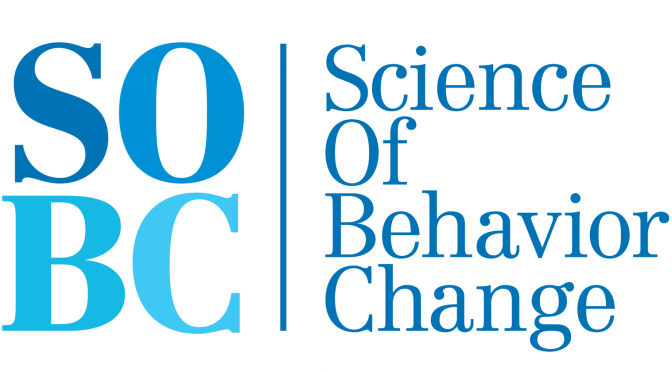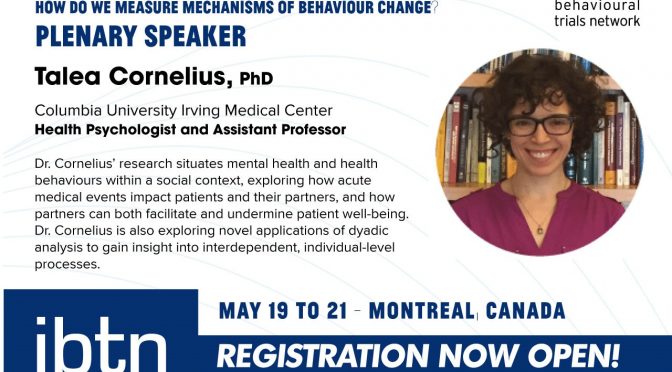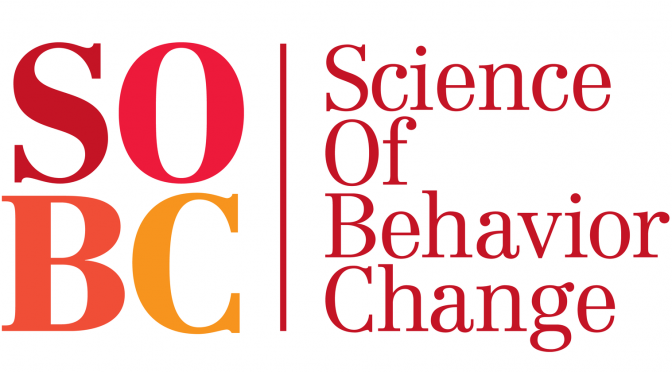
February 24, 2023 | SOBC Webinar – Mechanistic Targets for Intervening with Racial Disparities: A Focus on Race-Related Stressors, Health Literacy, and Physicians/Patient Interactions
Please join the SOBC Research Network and expert speakers as we host a webinar focused on “Mechanistic Targets for Intervening with Racial Disparities: A Focus on Race-Related Stressors, Health Literacy, and Physician/Patient Interactions”. This webinar will integrate the SOBC mechanistic science program with the current enhanced NIH focus on racial disparities in health.
Format: 2.5 hours consisting of a general introduction, followed by three 40-minute talks and a 20 min panel discussion.
Date: February 24th, 2:00 to 4:30 pm EST
The webinar has been successfully completed. To access the full recording, please visit our SOBC YouTube Channel.






